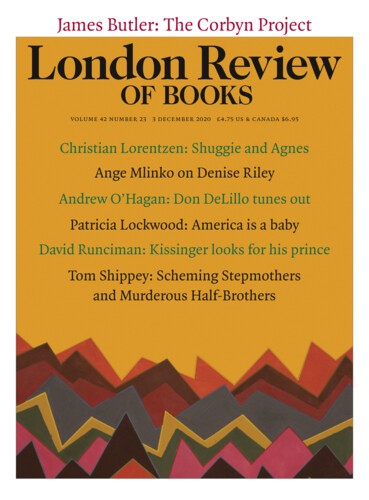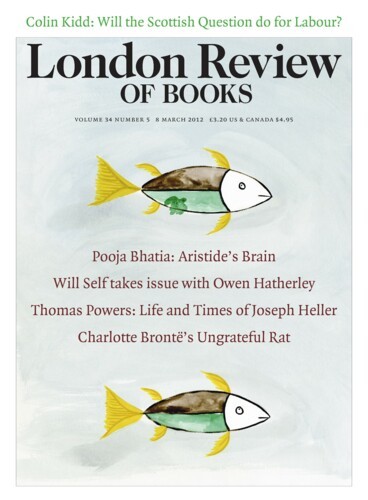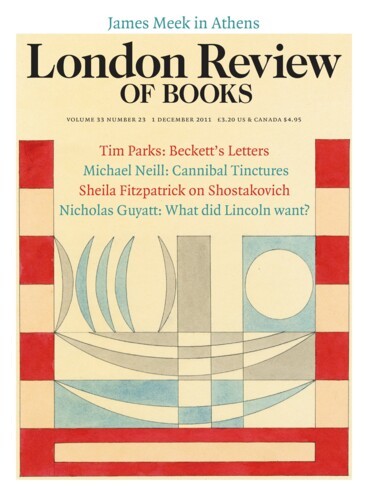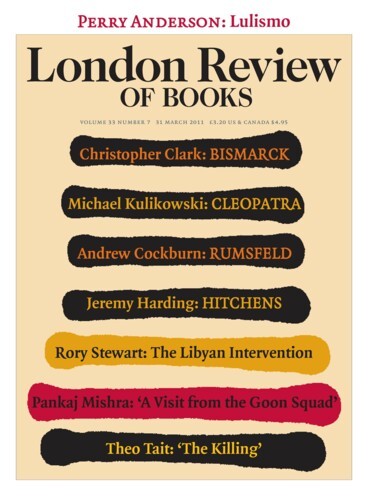Blips on the Screen: Risk-Free Assassinations
Andrew Cockburn, 3 December 2020
Amid the death and destruction of the current conflict between Armenia and Azerbaijan, one shining success story has emerged: the Turkish-designed and manufactured Bayraktar TB2 drone, widely credited with stellar results against Armenian forces. ‘Thanks to advanced Turkish drones owned by the Azerbaijan military, our casualties on the front shrank,’ Azerbaijan’s...





